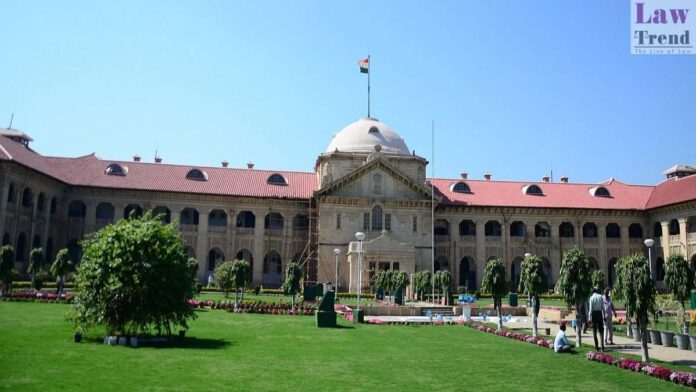In a landmark ruling, the Allahabad High Court has upheld the Reserve Bank of India’s (RBI) authority to mandate prior permission for cooperative banks seeking to amend their by-laws. The court held that regulatory oversight by RBI is essential to maintain financial stability and protect depositors’ interests, reinforcing the central bank’s supremacy in banking regulations.
To Read More Please Subscribe to VIP Membership for Unlimited Access to All the Articles, Download Available Copies of Judgments/Order, Acess to Central/State Bare Acts, Advertisement Free Content, Access to More than 4000 Legal Drafts( Readymade Editable Formats of Suits, Petitions, Writs, Legal Notices, Divorce Petitions, 138 Notices, Bail Applications etc.) in Hindi and English.




